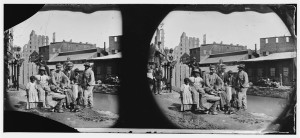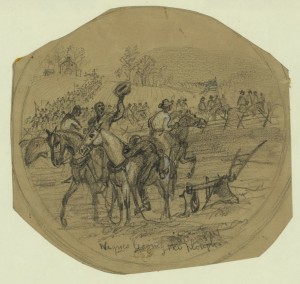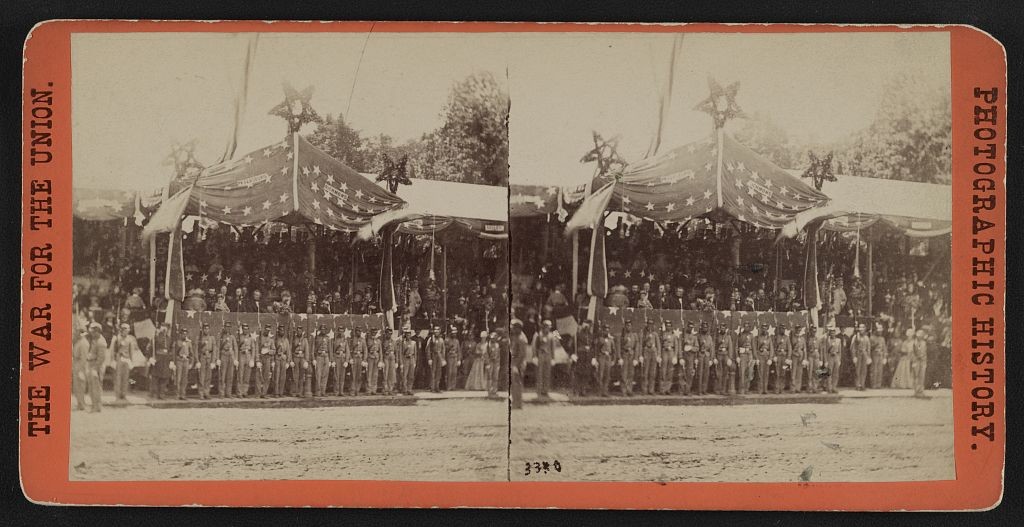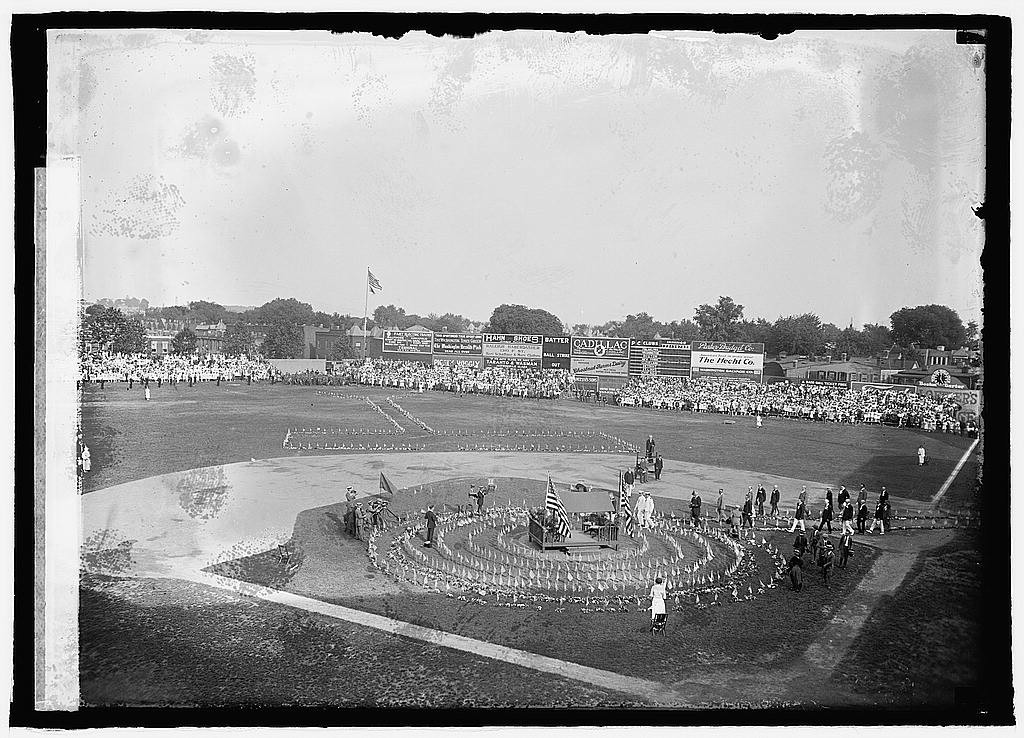150 years ago today President Johnson reportedly opined that the question of whether blacks should be allowed to vote in the South should be decided by loyal whites in the South.
From The New-York Times May 26, 1865:
The President on Negro Suffrage.
The President is reported to have yesterday given an opinion, to a deputation, on the question of negro suffrage, to the effect that it is a matter that may be safely left in the hands of the loyal white residents of the South. It is certainly a question which, in its primary bearings, chiefly affects the loyal citizens who will be brought into most direct contact with the negro population; who will in a measure be responsible for giving a profitable direction to negro labor, and who, above all, will be charged with the responsibility of placing the means of education within the reach of the vast neglected community set free by the war.
The President, of course, does not mean to indicate that the question of negro enfranchisement is not one of grave national interest, aside from its bearings on the industrial and social economy of particular sections. But, as we understand it, he takes the common-sense ground that loyal residents of the South, who have to live with the negro in his freed condition, may better be allowed to initiate measures for the further removal of negro disabilities, than speculative politicians living at a distance, and less familiar with the habits and wants and aspirations of the black people.
The matter is certainly not one to be disposed of by a sweeping decree, fulminated from the Executive Chamber without any regard to the peculiar interests of the sections most concerned, and irrespective of the organization of individual State authority now in progress. What the President doubtless aims at, is to see the people of the South, as distinct from the disloyal political managers, set to work, under the protection of the national authority, and recognize the new relation in which they stand to the negro population; and to do this as the first step toward reestablishing a proper relation between their separate State Governments and the supreme authority of the National Government. When that work is once set about — as it appears to be in Arkansas and North Carolina — in a loyal spirit, the question of negro suffrage will find a natural solution in course of time, without any arbitrary rule applied from without.
A far more pressing matter for the class concerned is that of well-directed and remunerative labor. This the negro is most likely to secure, not by creating antagonistic relations between him and the loyal citizens of another race, but by leaving to the natural agency of mutual self-interest to determine their relative status politically hereafter. This, we take it, is the theory which the President’s long and varied experience as a Southern citizen enables him to recommend.
The image of the ballot box is from WPClipart
_____________________________________________________________
_____________________________________________________________





